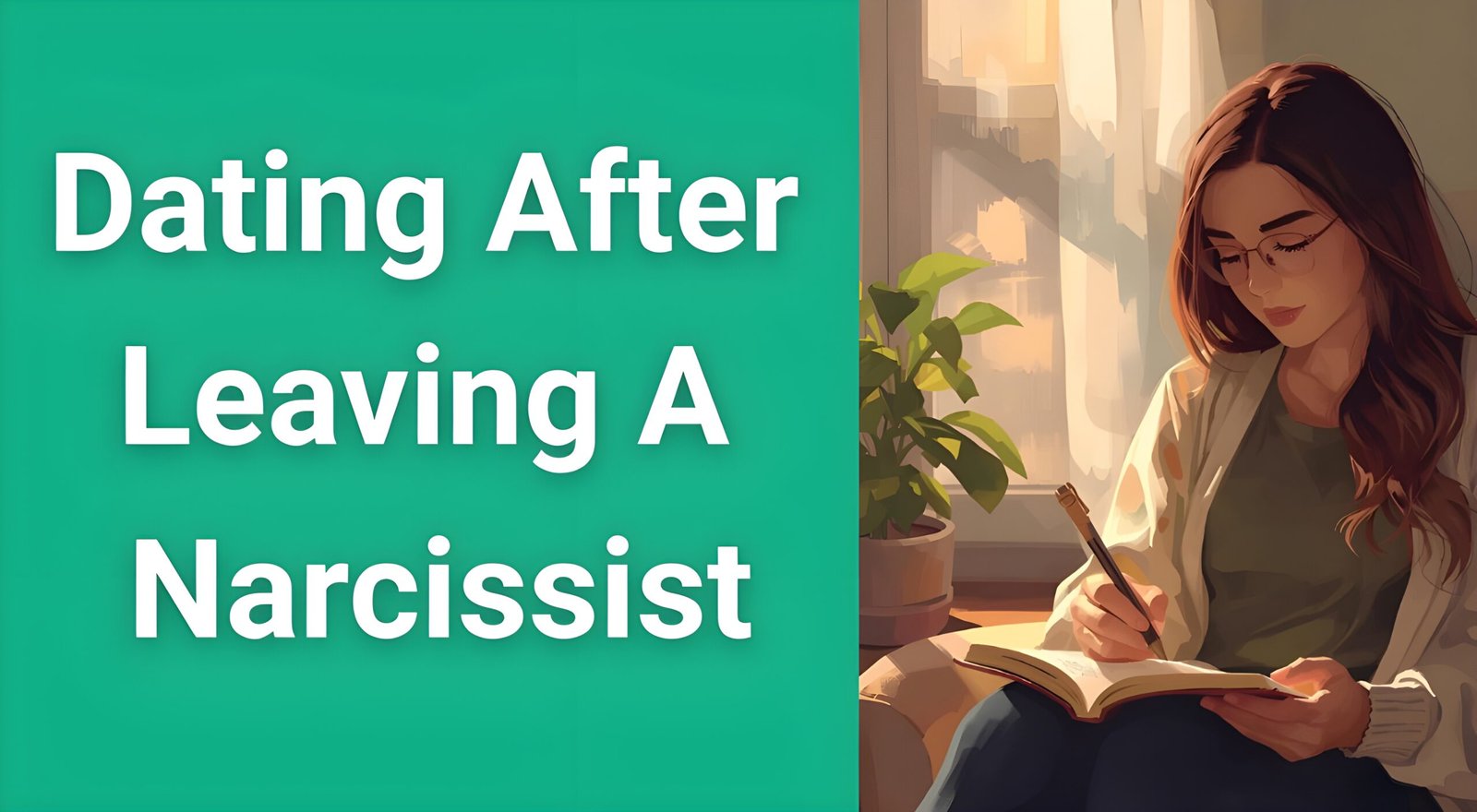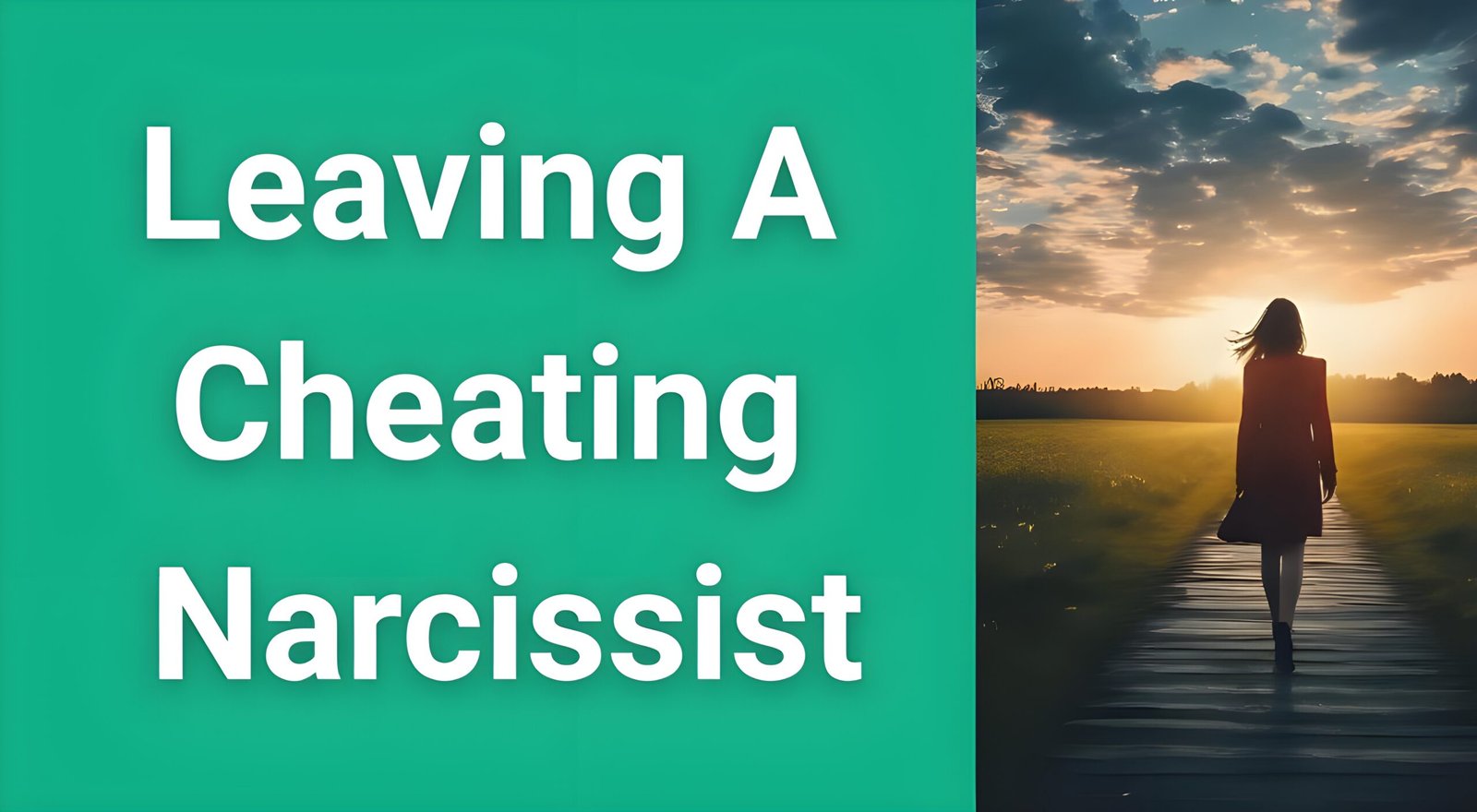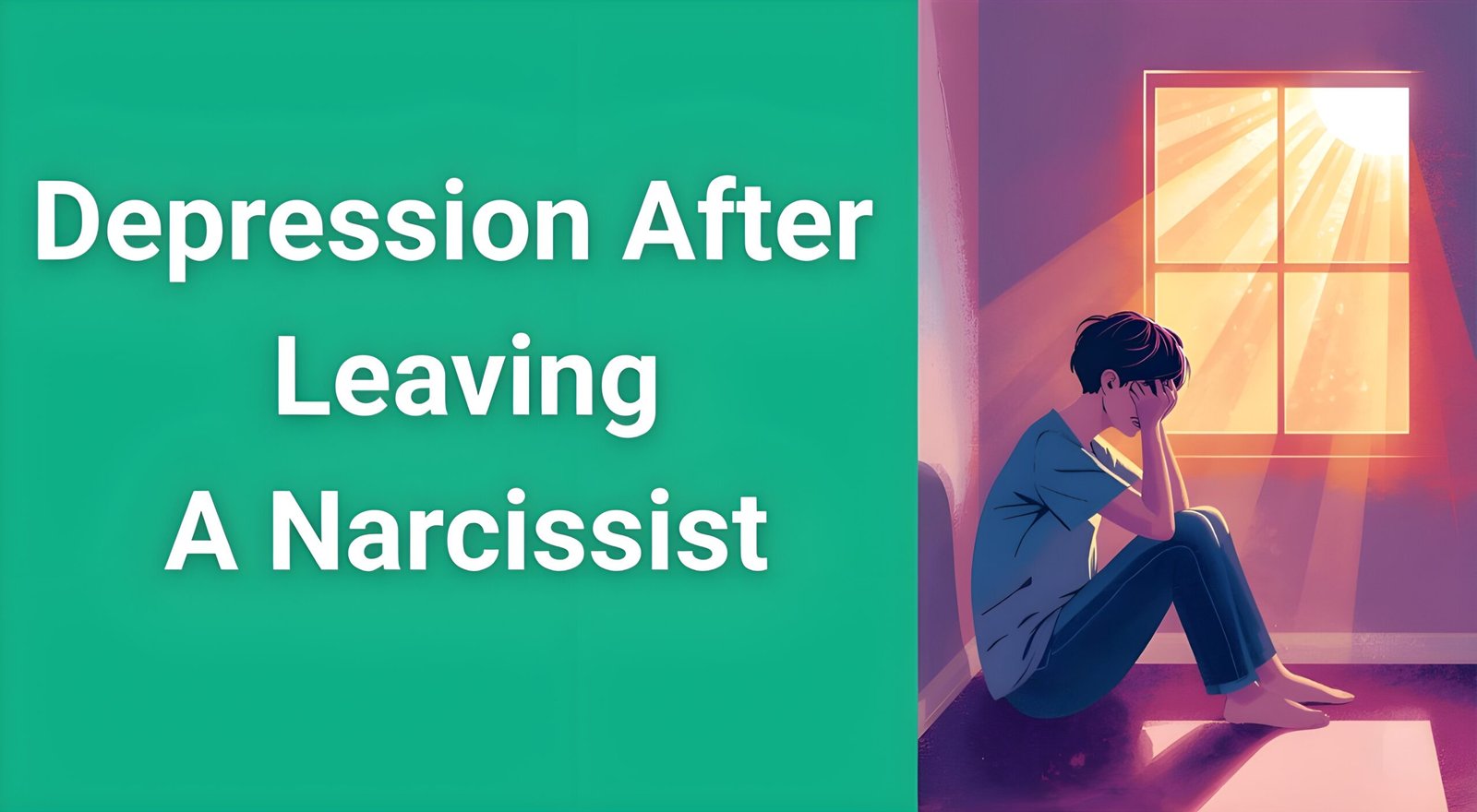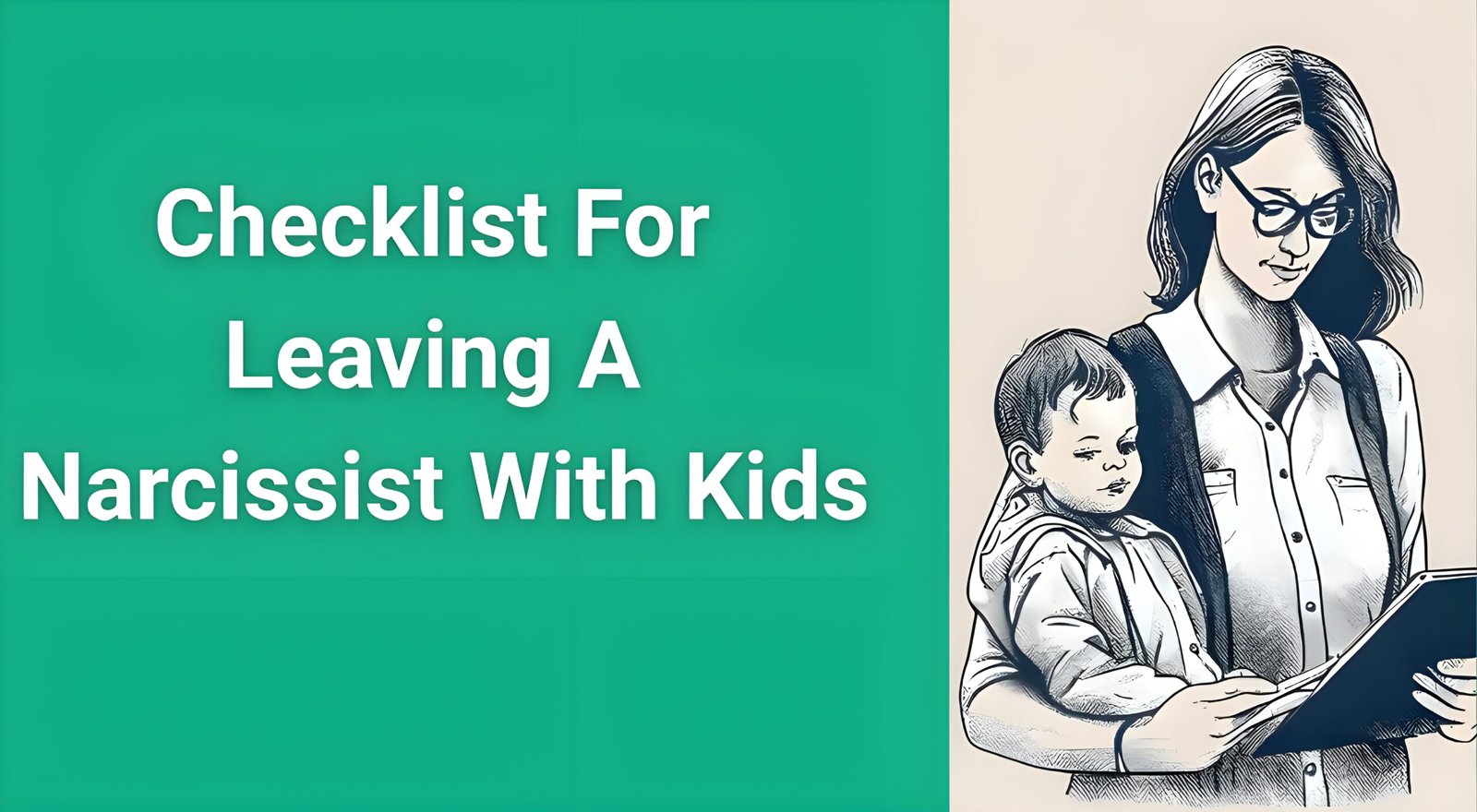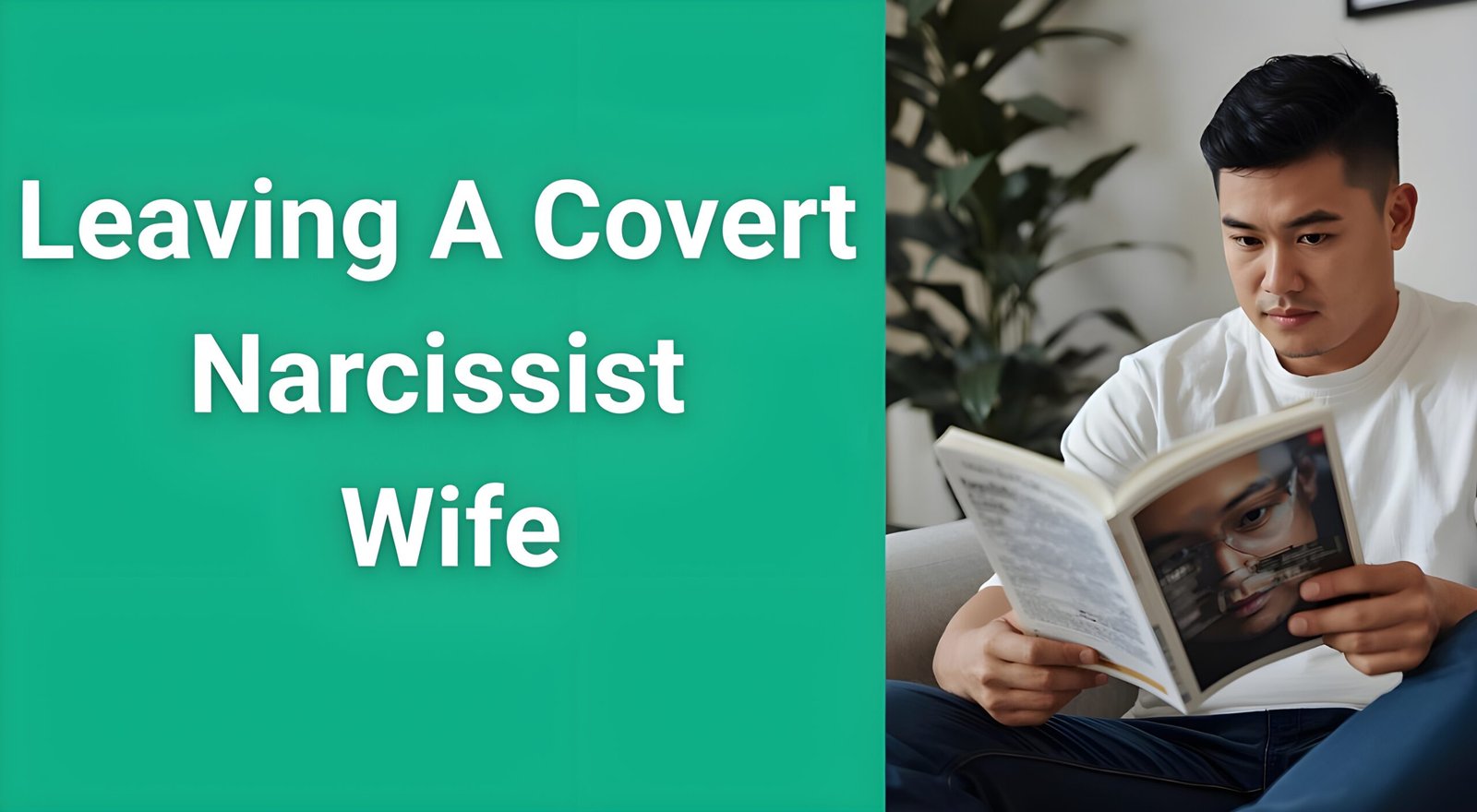If you’ve recently escaped a narcissistic relationship, the thought of dating after leaving a narcissist might feel both terrifying and hopeful. You’re not alone in wondering when you’ll be ready to trust again, how to recognize healthy love, and whether you can break the cycle that led you into an abusive relationship in the first place.
- Understanding the Impact of Narcissistic Abuse on Future Relationships
- The Healing Timeline: How Long Should You Wait?
- Signs You’re Ready to Start Dating After Narcissistic Abuse
- Red Flags to Watch For When Dating After Narcissistic Abuse
- Building Healthy Relationship Skills After Abuse
- The Role of Professional Support in Your Dating Journey
- Creating Your Personal Dating Strategy
- Overcoming Common Dating Challenges After Narcissistic Abuse
- Resources for Continued Healing and Growth
- Frequently Asked Questions
- Moving Forward with Confidence and Wisdom
The journey from narcissistic abuse recovery to healthy relationships isn’t just about time—it’s about genuine healing, rebuilding your sense of self, and developing the tools to recognize both red flags and green flags in future partners. This comprehensive guide will help you understand the healing process, recognize when you’re truly ready, and navigate the dating world with confidence and wisdom.
Understanding the Impact of Narcissistic Abuse on Future Relationships
Before diving into when and how to date again, it’s crucial to understand how narcissistic abuse affects your ability to form healthy relationships. Narcissistic abuse doesn’t just end when the relationship does—it creates lasting psychological patterns that can influence your future choices.
The Trauma Bond Effect
Narcissistic relationships create what psychologists call “trauma bonds”—powerful psychological connections formed through cycles of abuse and affection. These bonds can make you crave the intense highs and lows of toxic relationships, making healthy, stable partnerships feel boring or insufficient by comparison.
Understanding trauma bonds is essential because they explain why you might find yourself attracted to similar personality types or relationship dynamics. The neurological pathways formed during abuse literally rewire your brain to associate love with chaos, unpredictability, and emotional intensity.
Common Post-Abuse Relationship Challenges
Survivors often struggle with:
Hypervigilance and Anxiety: Your nervous system remains on high alert, scanning for signs of manipulation or abuse even in healthy interactions.
Self-Doubt and Gaslighting Effects: Years of having your reality questioned can leave you uncertain about your own perceptions and instincts.
Boundary Confusion: After having your boundaries consistently violated, you might struggle to identify, communicate, or maintain healthy limits.
Identity Reconstruction: Narcissistic abuse often involves a systematic dismantling of your sense of self, leaving you uncertain about your values, preferences, and worth.
The Healing Timeline: How Long Should You Wait?
One of the most common questions survivors ask is, “How long should I wait before dating after leaving a narcissist?” While every healing journey is unique, research and clinical experience suggest that meaningful recovery typically takes 12-24 months of focused healing work.
The Four Phases of Recovery
Phase 1: Emergency Stabilization (Months 1-3) This phase focuses on basic safety and stability. Your nervous system is recovering from chronic stress, and you’re beginning to process what happened. Dating during this phase often feels impossible—and that’s completely normal.
Phase 2: Reality Reconstruction (Months 4-8) You begin to gain clarity about the abuse patterns and their impact on your life. Memories that were suppressed or distorted start to surface, and you begin rebuilding your sense of reality.
Phase 3: Identity Reclamation (Months 9-15) This is where you start reconnecting with who you were before the abuse and discovering who you want to become. Your confidence begins to return, and you start setting boundaries more effectively.
Phase 4: Integration and Growth (Months 16+) You’ve developed a solid understanding of healthy relationship patterns and feel confident in your ability to recognize red flags. This is typically when dating becomes a genuine possibility rather than a potential retraumatization risk.
Individual Factors That Affect Timeline
Several factors can influence your personal healing timeline:
- Length and severity of the abusive relationship
- Number of previous toxic relationships
- Quality of support system and professional help
- Personal resilience and coping skills
- Presence of additional trauma or mental health challenges
- Level of contact with the abusive ex-partner
Signs You’re Ready to Start Dating After Narcissistic Abuse
True readiness for dating after leaving a narcissist isn’t just about feeling lonely or wanting companionship—it’s about having developed specific emotional and psychological capabilities that protect you from repeating unhealthy patterns.
Internal Indicators of Readiness
You Trust Your Own Instincts Again One of the most important signs of readiness is the restoration of your intuitive abilities. You can sense when something feels “off” about a person or situation without second-guessing yourself into ignoring those feelings.
You Feel Genuinely Happy Alone Healthy relationships come from a place of choice, not need. When you’ve rebuilt a fulfilling life as a single person—complete with hobbies, friendships, and personal goals—you’re less likely to settle for unhealthy dynamics out of loneliness.
Your Ex No Longer Occupies Mental Space Daily While you may never forget what happened, readiness means that thinking about your ex doesn’t trigger intense emotions or occupy significant mental energy. You’ve processed the relationship enough to move forward without carrying active anger, hope for reconciliation, or trauma responses.
You Can Identify Your Own Values and Boundaries Recovery involves rediscovering what’s important to you independent of anyone else’s influence. You should be clear about your non-negotiables, relationship values, and personal boundaries before entering the dating world.
Behavioral Indicators of Readiness
You’ve Addressed Underlying Patterns This might be the most crucial aspect of readiness. Have you identified what made you vulnerable to narcissistic abuse in the first place? Common factors include people-pleasing tendencies, low self-esteem, codependency patterns, or unresolved childhood trauma. Professional support can be invaluable here.
You Can Have Difficult Conversations Healthy relationships require the ability to express needs, address conflicts, and maintain boundaries even when it’s uncomfortable. If you find yourself reverting to old patterns of avoiding conflict or immediately accommodating others’ needs, you may need more healing time.
You’ve Built a Strong Support Network Isolation makes you more vulnerable to abuse. Having trusted friends, family members, or support groups who know your history and can offer perspective is crucial for maintaining your progress in new relationships.
Red Flags to Watch For When Dating After Narcissistic Abuse
Your experience with narcissistic abuse, while painful, has given you valuable knowledge about manipulation tactics and unhealthy relationship patterns. Learning to recognize these red flags early can protect you from repeating the cycle.
Early Warning Signs
Love Bombing and Excessive Attention Be cautious of anyone who seems “too good to be true” early on. Excessive compliments, expensive gifts, constant texting, or declarations of love within the first few weeks are classic manipulation tactics designed to create dependency.
Boundary Testing Pay attention to how potential partners respond to your boundaries. Someone who repeatedly pushes against your limits, argues with your “no,” or makes you feel guilty for maintaining boundaries is showing concerning behavior.
Information Gathering Be wary of someone who asks very personal questions early on or seems unusually interested in your vulnerabilities, past traumas, or insecurities. Healthy people respect your privacy and allow intimacy to develop gradually.
Isolation Attempts Watch for subtle attempts to separate you from friends, family, or activities you enjoy. This might start as jokes about your friends, scheduling conflicts that always seem to interfere with your other relationships, or criticism of how you spend your time.
Communication Red Flags
Gaslighting Tendencies Trust your instincts if someone frequently makes you question your memory, perceptions, or feelings. Phrases like “You’re being too sensitive,” “That’s not what I said,” or “You’re imagining things” should raise immediate concerns.
Blame Shifting and Victim Playing Be cautious of people who never take responsibility for their actions or consistently portray themselves as the victim in every conflict or failed relationship.
Future Faking Watch for excessive talk about future plans, commitments, or shared dreams before you’ve established a solid foundation in the present. This is often used to create false intimacy and prevent you from taking things at a healthy pace.
Building Healthy Relationship Skills After Abuse
Dating after leaving a narcissist successfully requires developing new relationship skills and strengthening existing ones that may have been compromised during the abusive relationship.
Developing Emotional Intelligence
Recognizing Your Own Emotions Narcissistic abuse often involves emotional suppression or confusion. Learning to identify and name your emotions in real-time is crucial for making healthy relationship choices and communicating effectively with partners.
Understanding Others’ Emotions While you don’t want to become overly focused on managing others’ emotions (a common trauma response), developing healthy empathy and emotional awareness helps you assess compatibility and build genuine connections.
Communication Skills for Survivors
Expressing Needs Clearly Practice stating your needs and preferences directly without apologizing or over-explaining. Healthy partners want to understand and accommodate reasonable needs when possible.
Conflict Resolution Learn to address disagreements without falling into old patterns of people-pleasing, aggressive defensiveness, or emotional shutdown. Healthy conflict involves listening, compromising, and finding mutually satisfactory solutions.
Setting and Maintaining Boundaries Boundaries aren’t walls—they’re guidelines for how you want to be treated. Practice stating boundaries clearly and following through with consequences when they’re crossed.
The Role of Professional Support in Your Dating Journey
While friends and family provide valuable support, professional guidance often makes the difference between repeating unhealthy patterns and building genuinely healthy relationships.
When to Seek Professional Help
Consider professional support if you:
- Find yourself attracted to the same personality types that hurt you before
- Experience overwhelming anxiety or panic attacks when dating
- Struggle to trust your own instincts or perceptions
- Feel confused about what constitutes healthy relationship behavior
- Have difficulty setting or maintaining boundaries
- Experience flashbacks or trauma responses during intimate moments
Types of Professional Support
Individual Therapy Working with a therapist who specializes in trauma and narcissistic abuse can help you process your experiences, identify patterns, and develop healthier coping strategies. Trauma-informed therapy approaches like EMDR or somatic therapy can be particularly beneficial.
Support Groups Connecting with other survivors provides validation, shared wisdom, and accountability. Both in-person and online support groups offer valuable community during your healing journey.
Specialized Assessment Services Sometimes you need expert analysis of your specific situation to gain clarity about your experiences and develop a personalized recovery plan. Professional assessment can help you understand your unique patterns and create targeted healing strategies.
Creating Your Personal Dating Strategy
When you’re ready to begin dating after leaving a narcissist, having a clear strategy helps you approach relationships mindfully rather than reactively.
Preparing for the Dating World
Define Your Relationship Goals Be clear about what you’re looking for. Are you ready for a serious relationship, or do you want to practice dating skills with less pressure? Understanding your goals helps you communicate clearly with potential partners.
Create Your Values Inventory List your core values and relationship non-negotiables. This becomes your compass when evaluating compatibility and making difficult decisions about whether to continue seeing someone.
Develop Your Support System Identify trusted friends or family members who can provide perspective when you’re unsure about someone’s behavior or your own responses. Sometimes outside perspective is crucial for maintaining clarity.
Practical Dating Guidelines
Take Things Slowly Resist pressure to rush physical or emotional intimacy. Healthy partners will respect your pace and won’t make you feel guilty for wanting to build trust gradually.
Maintain Your Independent Life Continue pursuing your own interests, maintaining friendships, and working toward personal goals. A healthy relationship should enhance your life, not consume it.
Trust Your Body’s Wisdom Pay attention to physical sensations when you’re with someone. Tension, anxiety, or feeling drained after spending time together can be important warning signs, even when you can’t intellectually identify what’s wrong.
Use the Three-Month Rule Many manipulative behaviors don’t emerge until the initial “honeymoon phase” wears off, typically around three months. Avoid making major commitments or life changes based on early relationship experiences.
Overcoming Common Dating Challenges After Narcissistic Abuse
Even when you’re genuinely ready to date, certain challenges are common for survivors. Understanding these challenges helps you navigate them more successfully.
Managing Hypervigilance
The Challenge: Your nervous system may remain on high alert, scanning constantly for signs of manipulation or abuse. This can make it difficult to relax and enjoy getting to know someone new.
Strategies: Practice grounding techniques, mindfulness meditation, and nervous system regulation. Remind yourself that being cautious is smart, but not every person is dangerous.
Dealing with Triggers
The Challenge: Certain behaviors, phrases, or situations may trigger memories of your abusive relationship, causing you to react disproportionately to present circumstances.
Strategies: Identify your specific triggers ahead of time and develop coping plans. Communicate with potential partners about your healing journey when appropriate, and don’t apologize for having reasonable boundaries.
Breaking the Intensity Addiction
The Challenge: Healthy relationships might feel boring compared to the dramatic highs and lows of narcissistic relationships. You might find yourself creating drama or feeling unsatisfied with stability.
Strategies: Recognize that this is a normal part of healing. Practice appreciating calm, consistent affection. If you’re feeling bored in a healthy relationship, examine whether you’re confusing drama with passion.
Overcoming Fear of Vulnerability
The Challenge: Opening your heart again feels terrifying when you’ve been deeply hurt. You might find yourself holding back emotionally even with trustworthy partners.
Strategies: Understand that vulnerability is a choice and a strength. Start small and gradually increase emotional intimacy as trust builds. Remember that not being vulnerable also prevents you from experiencing genuine love and connection.
Resources for Continued Healing and Growth
Your healing journey doesn’t end when you start dating again. Continued growth and self-awareness are essential for maintaining healthy relationships and preventing future abuse.
Professional Assessment and Clarity
If you’re still questioning whether your past relationship was truly abusive or need help understanding your specific patterns and triggers, professional assessment can provide crucial clarity. Expert analysis of your situation can help you understand exactly what you experienced, why you felt so confused, and what steps to take next in your healing journey.
Breaking Trauma Bonds
The neurological addiction created by narcissistic abuse requires specific strategies beyond traditional willpower-based approaches. Understanding how trauma bonds function in your brain and learning science-based techniques for breaking these patterns can be life-changing for your ability to form healthy attachments.
Developing Independence Skills
Learning to thrive as a single person is crucial preparation for healthy relationships. This includes developing practical life skills, emotional regulation abilities, and a strong sense of self that doesn’t depend on romantic validation.
Building Your Support Network
Connecting with other survivors, whether through online communities, support groups, or specialized programs, provides ongoing validation and practical wisdom for navigating relationships after abuse.
Frequently Asked Questions
Q: How do I know if I’m truly ready to date or just lonely?
A: True readiness includes feeling genuinely content with your single life while also being open to sharing it with the right person. Loneliness-driven dating often leads to settling for unhealthy dynamics because the need for connection overrides good judgment.
Q: What if I’m attracted to someone who reminds me of my ex?
A: This is common and doesn’t necessarily mean you haven’t healed. However, examine what specific qualities attract you. Are they healthy traits that your ex also happened to have, or are you drawn to familiar manipulation patterns? When in doubt, slow down and seek outside perspective.
Q: Should I tell new partners about my past abuse?
A: You’re not obligated to share your full history, especially early in dating. However, sharing appropriate information about your boundaries and healing journey can help healthy partners understand and support you. Manipulative people often use this information against you, so trust your instincts about timing and depth of disclosure.
Q: How do I handle dating apps and online dating safely?
A: Take advantage of technology’s ability to screen potential partners before meeting. Look for consistency between their words and actions across multiple interactions. Trust your instincts about profiles or conversations that feel “off,” even if you can’t pinpoint why.
Q: What if my family and friends push me to date before I’m ready?
A: Well-meaning loved ones often don’t understand the unique challenges of recovering from narcissistic abuse. Educate them about your healing process when possible, but prioritize your own timeline over others’ expectations. Your safety and well-being are more important than others’ comfort with your single status.
Moving Forward with Confidence and Wisdom
Dating after leaving a narcissist is both a courageous act and a testament to your resilience. You’ve survived something that fundamentally challenged your sense of reality, self-worth, and ability to trust. Now you have the opportunity to use that hard-won wisdom to build the kind of healthy, loving relationship you truly deserve.
Remember that healing isn’t linear, and setbacks don’t mean failure. Some days you’ll feel confident and ready for love, while others might trigger memories of past pain. Both experiences are part of your journey toward wholeness and healthy relationships.
The most important relationship you’ll ever have is the one with yourself. When you’ve rebuilt that foundation with love, respect, and unwavering commitment to your own well-being, you create the conditions for attracting and maintaining the kind of love that heals rather than harms.
Your past experiences, while painful, have given you invaluable wisdom about human nature, relationship dynamics, and your own strength. Trust that wisdom, honor your healing timeline, and know that when you’re truly ready, you’ll have the tools to recognize and nurture the healthy love you deserve.
Take your time, trust your instincts, and remember: you’re not just looking for someone to fill a void—you’re choosing someone worthy of the beautiful, complex, resilient person you’ve become through your healing journey.

